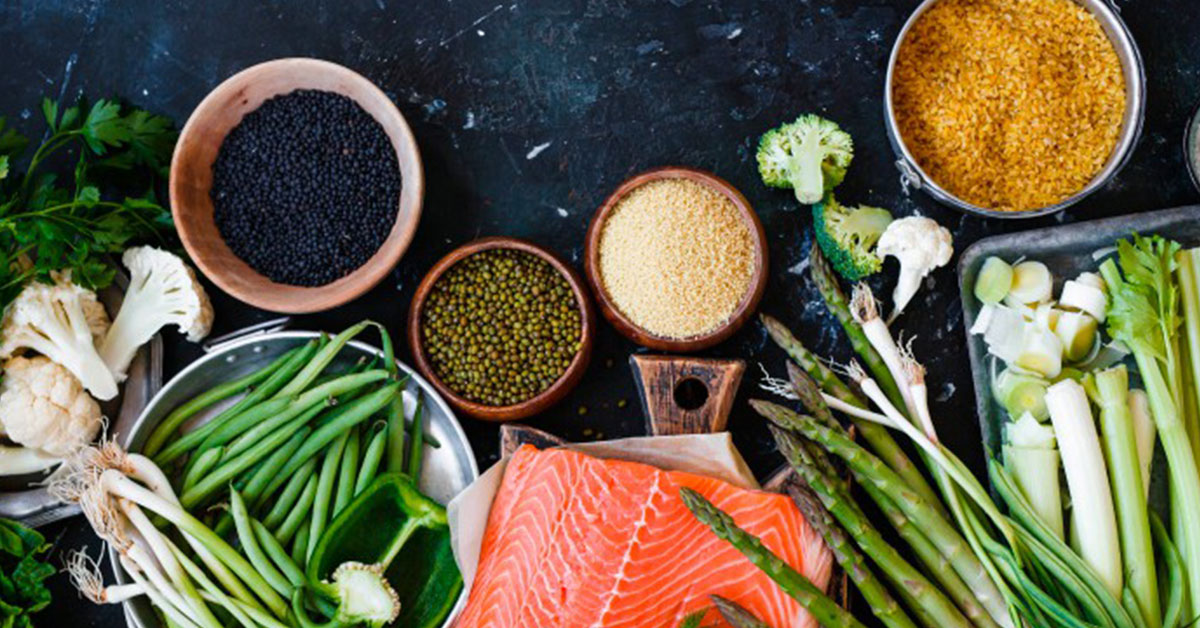Exploring the Link Between Diet and Erectile Dysfunction
In a world where love and intimacy play pivotal roles in relationships, factors like nutrition often go unnoticed in their impact on one’s love life. While we may focus on romantic gestures and emotional connections, the food we consume can significantly influence our physical health, including aspects as intimate as erectile function. Erectile dysfunction (ED) is a common condition affecting millions of men worldwide, and while various factors contribute to its onset, emerging research suggests that nutrition plays a crucial role. This article delves into the intricate relationship between diet and erectile dysfunction, shedding light on how simple dietary changes can potentially enhance one’s love life.
Understanding Erectile Dysfunction:
Before delving into the dietary aspect, it’s essential to grasp the basics of erectile dysfunction. ED refers to the inability to achieve or maintain an erection firm enough for sexual intercourse. While occasional difficulties in achieving an erection are normal, persistent issues may indicate underlying health problems. Factors contributing to ED include cardiovascular diseases, diabetes, obesity, stress, anxiety, and lifestyle choices like smoking and excessive alcohol consumption. However, recent studies highlight the significance of dietary habits in both the prevention and management of erectile dysfunction.
The Role of Nutrition in Erectile Dysfunction:
Research indicates that certain nutrients can either mitigate or exacerbate the risk of developing ED. Incorporating a balanced diet rich in fruits, vegetables, whole grains, lean proteins, and healthy fats not only promotes overall health but also positively impacts erectile function. Here’s how specific dietary components influence erectile health:
- Antioxidants: Antioxidants found in fruits and vegetables help combat oxidative stress, a significant contributor to endothelial dysfunction—a common underlying cause of ED. Foods rich in antioxidants, such as berries, citrus fruits, tomatoes, and leafy greens, can enhance blood flow and improve erectile function.
- Nitric Oxide: Nitric oxide is a vasodilator that relaxes blood vessels, promoting blood flow to the penis during sexual arousal. Certain foods, such as beets, spinach, nuts, and seeds, are rich in nutrients like nitrates and L-arginine, which stimulate nitric oxide production, thus supporting healthy erectile function.
- Omega-3 Fatty Acids: Found in fatty fish like salmon, mackerel, and trout, omega-3 fatty acids possess anti-inflammatory properties that benefit cardiovascular health. By reducing inflammation and improving blood circulation, omega-3s may help prevent or alleviate symptoms of ED.
- Plant-Based Diet: Adopting a predominantly plant-based diet has been associated with a lower risk of developing erectile dysfunction. Plant-based foods are rich in fiber, antioxidants, and phytonutrients, which promote cardiovascular health and overall well-being, consequently benefiting erectile function.
- Limiting Processed Foods and Sugars: Diets high in processed foods, refined sugars, and unhealthy fats have been linked to obesity, diabetes, and cardiovascular diseases—major risk factors for ED. Limiting the consumption of these foods and opting for whole, nutrient-dense alternatives can help mitigate the risk of erectile dysfunction.
- Moderate Alcohol Consumption: Excessive alcohol intake can impair sexual function by disrupting hormone levels, affecting nerve function, and causing dehydration. While moderate alcohol consumption may not pose significant risks, excessive drinking should be avoided to maintain erectile health.
- Hydration: Adequate hydration is crucial for overall health and proper bodily functions, including sexual performance. Drinking plenty of water ensures optimal blood flow and hydration levels, essential for erectile function.
Implementing Dietary Changes for Improved Erectile Health:
Making dietary changes to support erectile health doesn’t have to be daunting. Simple adjustments like incorporating more fruits, vegetables, whole grains, and lean proteins into your meals while limiting processed foods and sugars can yield significant benefits. Experimenting with recipes that feature foods rich in antioxidants, nitric oxide boosters, and omega-3 fatty acids can add variety and flavor to your diet while enhancing your love life.
In addition to dietary modifications, regular physical activity, stress management techniques, and seeking professional medical advice are essential components of a holistic approach to erectile dysfunction. By addressing underlying health issues and adopting healthy lifestyle habits, you can optimize your sexual health and enjoy a fulfilling love life.
Conclusion:
The link between nutrition and erectile dysfunction underscores the importance of mindful eating in promoting overall health and well-being. By nourishing your body with nutrient-dense foods and avoiding dietary pitfalls, you can not only reduce the risk of developing ED but also enhance your sexual performance and satisfaction. Embracing a balanced diet, coupled with lifestyle modifications and appropriate medical interventions, empowers individuals to take control of their sexual health and enjoy fulfilling relationships. Remember, what you eat matters—not just for your physical health but also for your love life.










